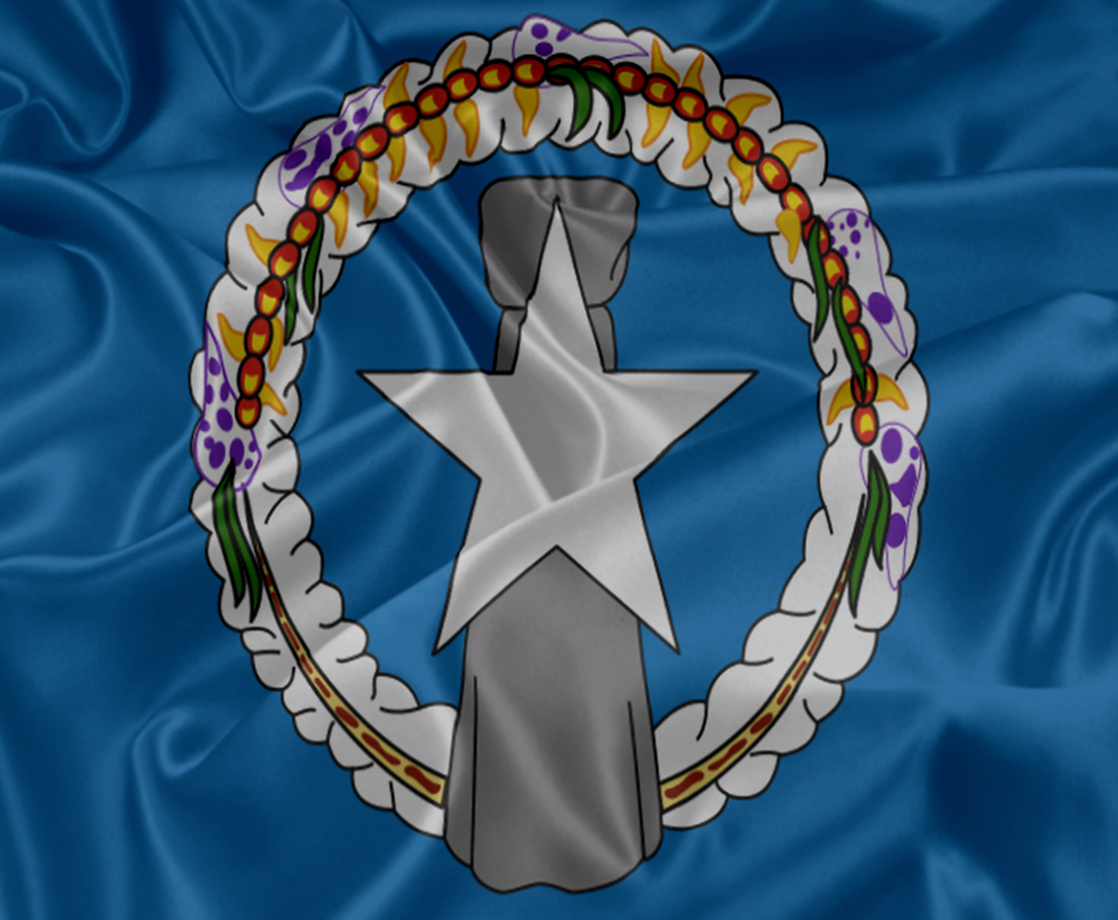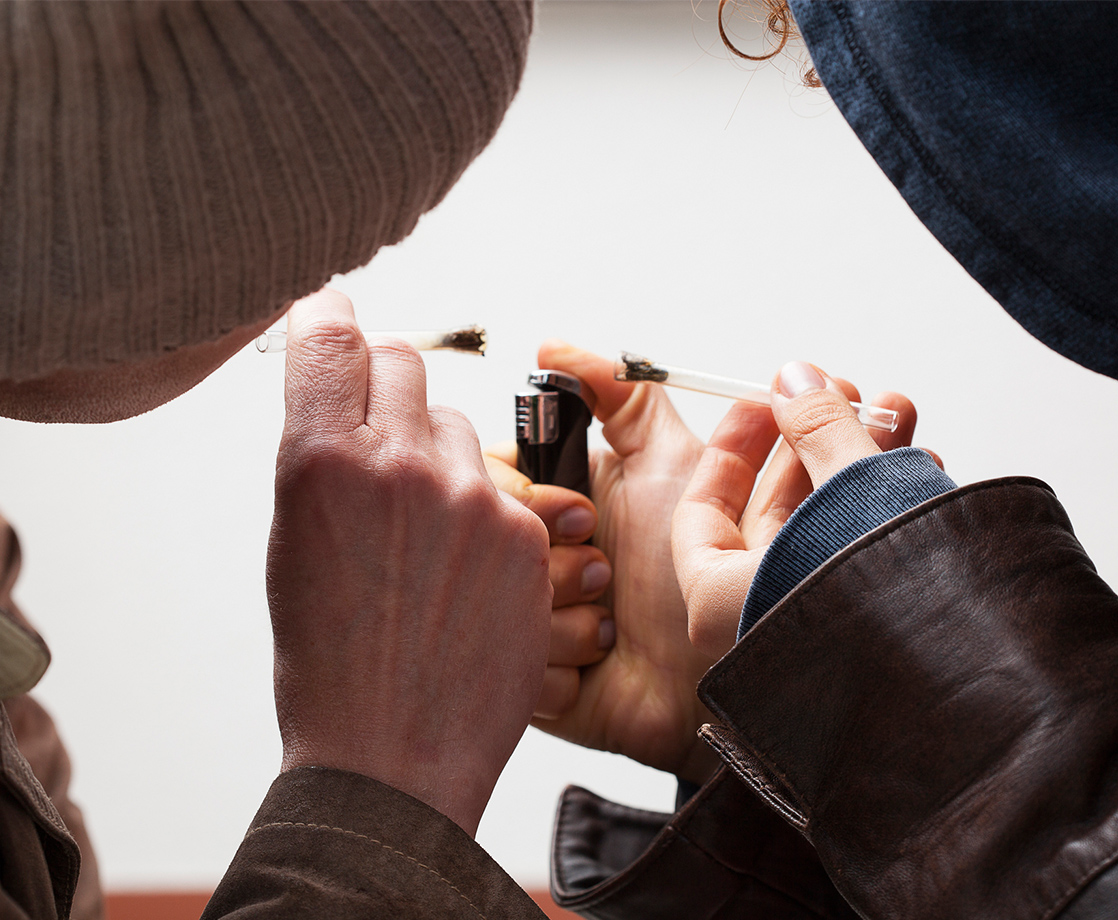The Commonwealth of the Northern Mariana Islands (CNMI), a chain of 15 islands in the northwestern Pacific, is well on its way to becoming the first U.S. territory to legalize recreational cannabis use. This week, the CNMI House of Representatives voted to approve a bill that would create a taxed and regulated adult-use cannabis market in the commonwealth. The bill would also legalize medical marijuana and industrial hemp, as well as allowing adults to grow their own weed if they sign on to a new government registry.
The bill explains that U.S. states “that have set up regulated markets for marijuana with time, age, and place of sale restrictions, product testing, labeling, and other precautions relative to providing a safe product for responsible adult consumers, have observed real and significant benefits to public health, safety, and quality of life for all residents,” Forbes reports. “Therefore, the Legislature finds that it is in our best interest to move marijuana into a regulated and controlled market for responsible adult personal use.”
"The people of the CNMI recognize that the prohibition of marijuana has been terribly misguided and harmful, and our leaders are in touch with the public's sentiment on this issue," Lawrence Duponcheel of Sensible CNMI said in a statement, according to Forbes. "Today, members of the CNMI House of Representatives showed their commitment to honoring the will of the people."
CNMI legislators have actually proposed legalization bills almost every single year since 2010, but this year’s version may be the one that succeeds. This May, the CNMI Senate passed a version of the current legalization bill, but it was killed by a House committee due to the fact that the territory's government requires all revenue-generating legislation to first be proposed in the House. Cannabis advocates regrouped, and proposed a modified version of the bill to the House last week, which was quickly passed with an 18-1 vote this week.
The bill now returns the territory's Senate, who are likely to approve it, considering that they passed a nearly identical bill three months ago. CNMI Representative Joseph Leepan T. Guerrero, who championed the bill in the House, told Marijuana Business Daily that “the Senate will definitely pass” the revised legislation. From there, the bill must be signed into law by Gov. Ralph D.L.G. Torres, but it is currently uncertain whether he is willing to commit to legal weed.
Torres has expressed concerns about legalization, and has suggested that he may ask the territory's Attorney General to review the law before he chooses to sign or veto it. “We should look at both sides of the coin,” Torres said to Marianas Variety. “In the nine states that have legalized marijuana, have we seen an increase in crime? If there is, what is the nature of these crimes? We should look at this and other things. I am concerned about public safety issues.”
Still, Guerrero believes that the governor's head may be turned by the potential income that a thriving cannabis industry could bring to the commonwealth, as well as the boost it could bring to the islands' thriving tourism industry. “Our only source of revenue is from our lone tourism industry,” Guerrero explained to Marijuana Business Daily. “Our casino industry, which has kept the CNMI afloat, is on shaky grounds.”
Nearby Guam recently legalized medical cannabis this year, but if this law passes, the Mariana Islands would become the first U.S. territory with fully legal weed, as well as the first U.S. jurisdiction to go straight from prohibition to full legalization without first enacting a medical cannabis program. "The lawmakers and people of CNMI are on track to make history, and more U.S. policymakers would be wise to take notice before the upcoming midterm elections," NORML political director Justin Strekal said to Forbes.











